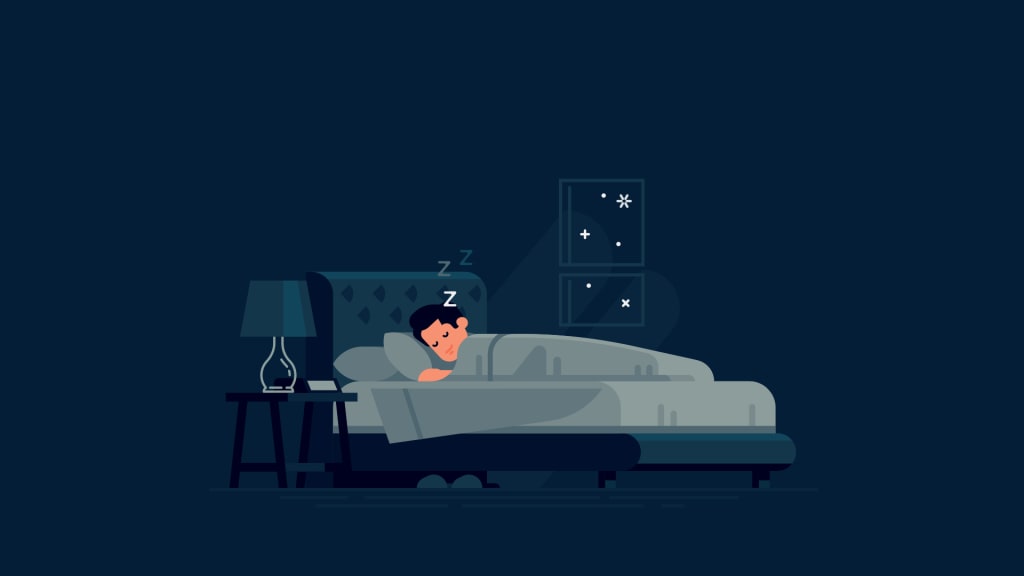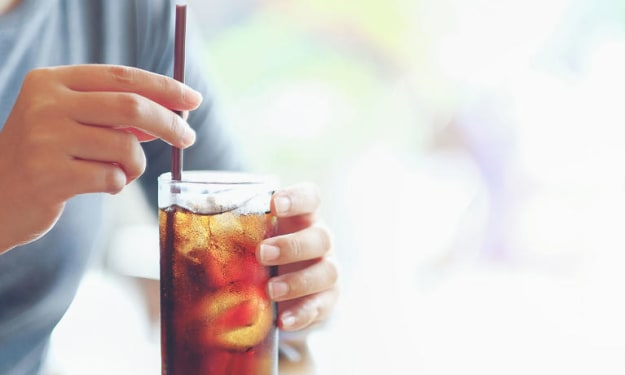Is it true that sleep is the key to good health?
This is for you!

It's that not-so-magical time of year when, due to the annual change from standard time to daylight saving time, we lose an hour from our already hectic schedules. If you're thinking to yourself, "Really? ", you're not alone. You're not alone if you're thinking, "This again?" Why not us? After all, Hawaii and Arizona did away with this folly more than 50 years ago.
National Sleep Awareness Week begins March 13th, ironically, but perhaps not surprisingly, just when many Americans are waking up a little more bleary-eyed. However, whether you're an early riser or a night owl, the time change and a lost hour of sleep will have a different impact on you. People genetically wired to be early risers only took a few days to acclimatize, according to research published last year in the journal Scientific Reports, whereas individuals whose natural condition is to stay up late still had jet lag-like symptoms a week later.
Apart from seasonal differences, it's typical to put off going to bed at any time of year because we have better or more essential things to do, such as answering emails, cleaning the house, or watching "just one more" episode of something. However, when you're sleep deprived, your body tries to compensate by increasing adrenaline and cortisol levels, and one week of minor sleep restriction boosts inflammatory levels in the body due to this activated stress response. Even if you eat well and exercise regularly, regularly delaying bedtime when you have a set morning wake-up time may increase your risk of future health problems, such as heart disease, Type 2 diabetes, and depression.
Nutrition and sleep are two important factors to consider.
When it comes to eating, it appears that what we eat has an impact on our sleep, and what we sleep has an impact on what we eat. People with average- or optimal-quality diets were less likely to experience sleep disorders than people with lower-quality diets, according to a study published last month in the journal Nutrients, even after accounting for other factors that could affect sleep, such as socioeconomic status, smoking status, alcohol and caffeine intake, and whether someone has high blood pressure, diabetes, or dementia.
Clinical sleep restriction studies, on the other hand, have discovered alterations in hunger and satiety hormones, which may explain why you seek sugar and other quickly digested foods when you haven't been sleeping enough — or well enough. This can be upsetting, especially if you battle with "good" and "bad" food attitudes or beliefs, and stress can magnify your food cravings even more.
To add salt to injury, when you finally hit a wall around 2 p.m., you might decide that a cookie paired with a cup of coffee is exactly what you need. However, while you may feel better in the near term, you're preparing for another night of restless sleep. Too much coffee or other caffeine sources, especially later in the day, does not provide for a pleasant night's sleep. Avoid caffeine for at least four to six hours before bedtime to avoid this vicious cycle; other people find they need to stop drinking caffeine by lunchtime.
Alcohol is another beverage habit that can interfere with getting a good night's sleep. While the nightcap may have a sedative effect at first, you may find yourself waking up in the middle of the restorative periods of sleep if it wears off. Keep your daily intake moderate and avoid consuming within three hours of bedtime for improved sleep and overall wellness.
Is solid food an option? If you have acid reflux, it's especially crucial to avoid eating late at night, but even if you don't, conducting heavy digestion when you should be sleeping might make your sleep less pleasant. Dinner should be eaten at least three hours before bedtime, especially if it contains spicy or acidic foods, but if you must eat late, keep it light.
If you find yourself getting hungry again after staying up late, it may be a sign that you need to get some sleep. But what if you still require a bedtime snack, possibly as a result of an early dinner? Milk or yogurt (if you tolerate dairy) or a slice of whole-grain bread are ideal choices for slower-digesting carbohydrates. Consuming kiwi fruit, which contains serotonin, or the fruit or juice of tart Montmorency cherries, which contains melatonin, may also help you get a good night's sleep, according to research.
Sleep and lifestyle
If you prefer to exercise in the evening for a variety of reasons, including convenience, you might be concerned about how this impacts your sleep. Both aerobic and resistance exercises improve sleep regardless of when they are done, according to research. However, doing high-intensity exercise such as running, fast dancing, or high-intensity interval training one hour or less before bedtime can make it difficult to fall asleep and sleep soundly. With this in mind, starting to wind down around an hour before lights down — especially if your mind has been racing all day — can help you get a better night's sleep.
In the end, getting adequate good sleep is a significant act of self-care. Sleep requirements differ from person to person, but for best health, individuals should receive at least seven hours of sleep per night on a consistent schedule — that is, keeping the same bedtime and waketime. Some people feel fantastic after seven hours of sleep, while others require eight, and some people thrive on afternoon naps while others are not natural nappers. Another thought: if you're sleeping for more than nine hours every night yet don't feel rested, talk to your doctor.





Comments
There are no comments for this story
Be the first to respond and start the conversation.